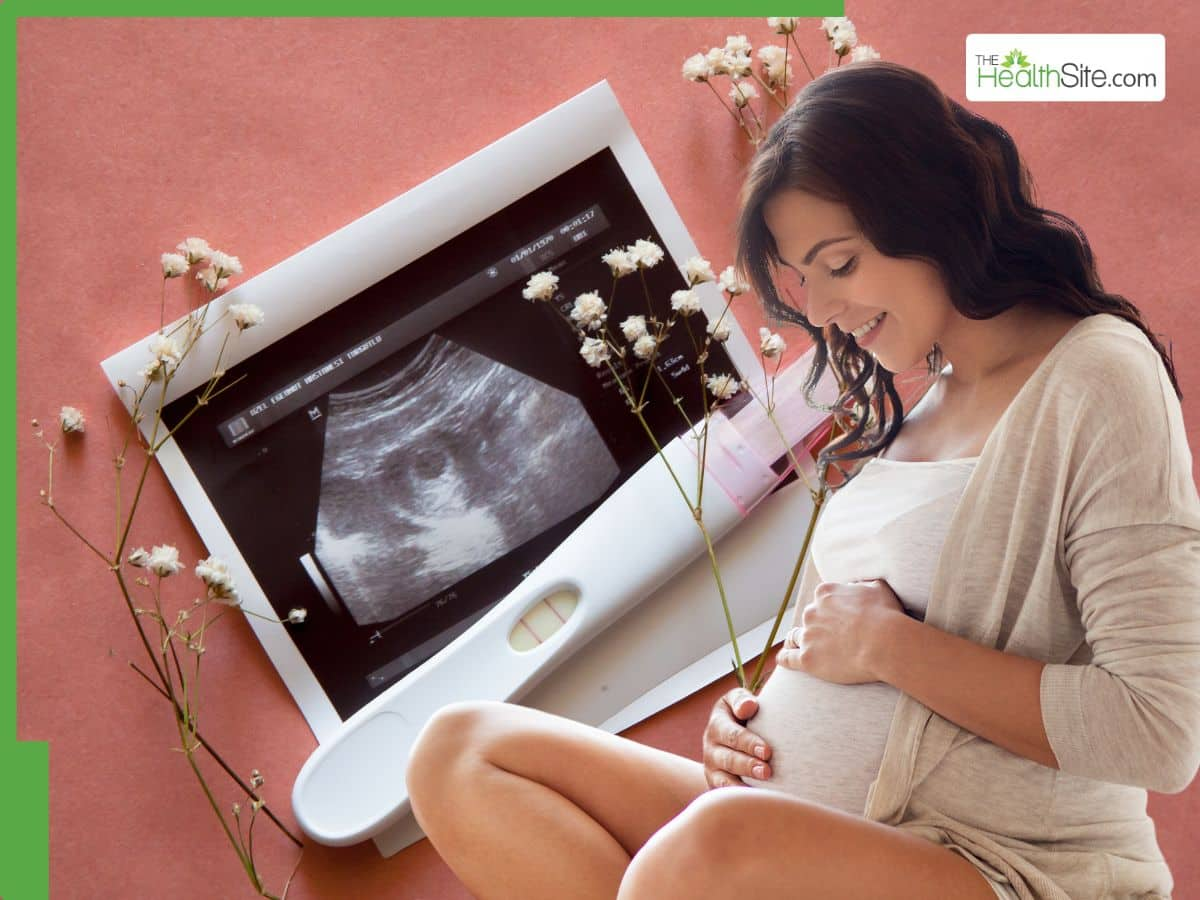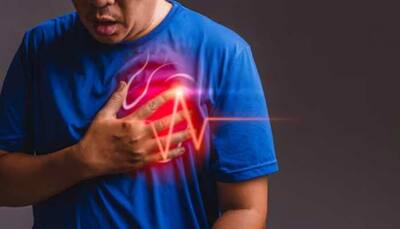
Postpartum Recovery Tips: Here are the top 8 tips from an expert to support post-delivery physical and mental health problems. Starting from the process of ovulation, fertilization, implantation, the appearance of the first heartbeat, the development of the baby, physical changes in pregnancy, emotional changes in pregnancy, and the process of labour, till childbirth, any woman confronts many changes in body and mind. The postpartum period is defined as a period of six weeks from the birth of a child.
The early postpartum period is the first week after childbirth. The early postpartum period is very dynamic with changes in both body and also mind as compared to the late postpartum period. The postpartum period involves many risks like postpartum haemorrhage, perineal trauma, Central and venous sinus thrombosis, eclampsia, anaemia etc.
It also involves the risk of postpartum depression. Postpartum Recovery: What You Should Do To Support A New Mom? During the early postpartum period, the lady, partner, family members, doctor and team should take care of the diet of the pregnant woman. The diet should include a high-protein diet with plenty of liquids, vitamins, and minerals.
Diet pattern usually changes regionwise, it should consist of a balanced diet with plenty of liquids. During the early postpartum period, the recovery of the body is at a faster pace. There are many changes which are taking place such as the adjustment of body fluids in different compartments like intravascular, extravascular and third space.
Lady is experiencing more passage of urine, more sweating, and more dehydration during the early postpartum period. Blood volume is shifting from the reproductive system to the circulatory system so there is a possibility of volume overload. Blood pressure may increase in the early postpartum period.
Fluid leaks are happening through smaller blood vessels so increase in body swelling, and increased chances of postpartum convulsions. Due to sedentary situations and dehydration, patients may have thromboembolic episodes in the early postpartum period. Due to lack of sleep, the lady always has mental stress .
On one side the woman is free from different pregnancy symptoms and on another side, she is facing different changes in her body, and mind with the additional responsibility of taking care of her baby. The whole family along with the husband should be counselled for parenting before the delivery of a child. It will help in effective parenting, good breastfeeding, and family bonding and decrease the chances of postpartum depression.
Mother should be pampered and taken care of. Overall the journey of pregnancy is very happening in different aspects. Similarly, the early postpartum period (initial 1 week)may become more stormy physically, then 1 week to 6 weeks period may bring a few psychological challenges and very late 6 weeks to 6 months is usually less stormy physically and mentally but still exhausting for lactating mothers.
So mother and baby require tender and supportive care during the whole postpartum period..













